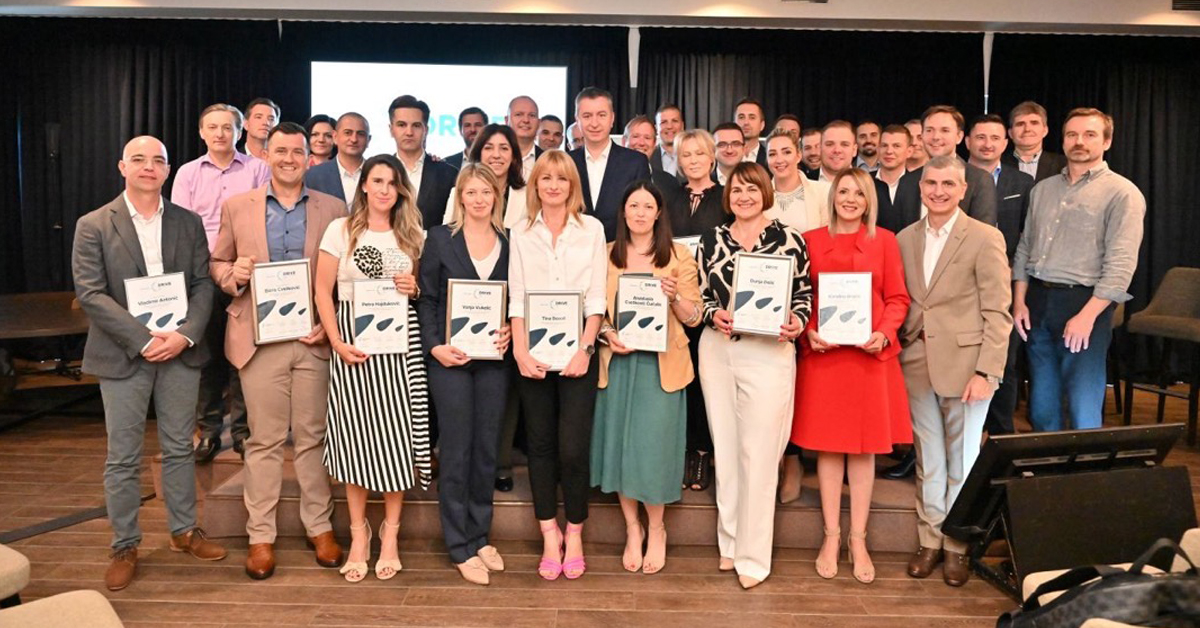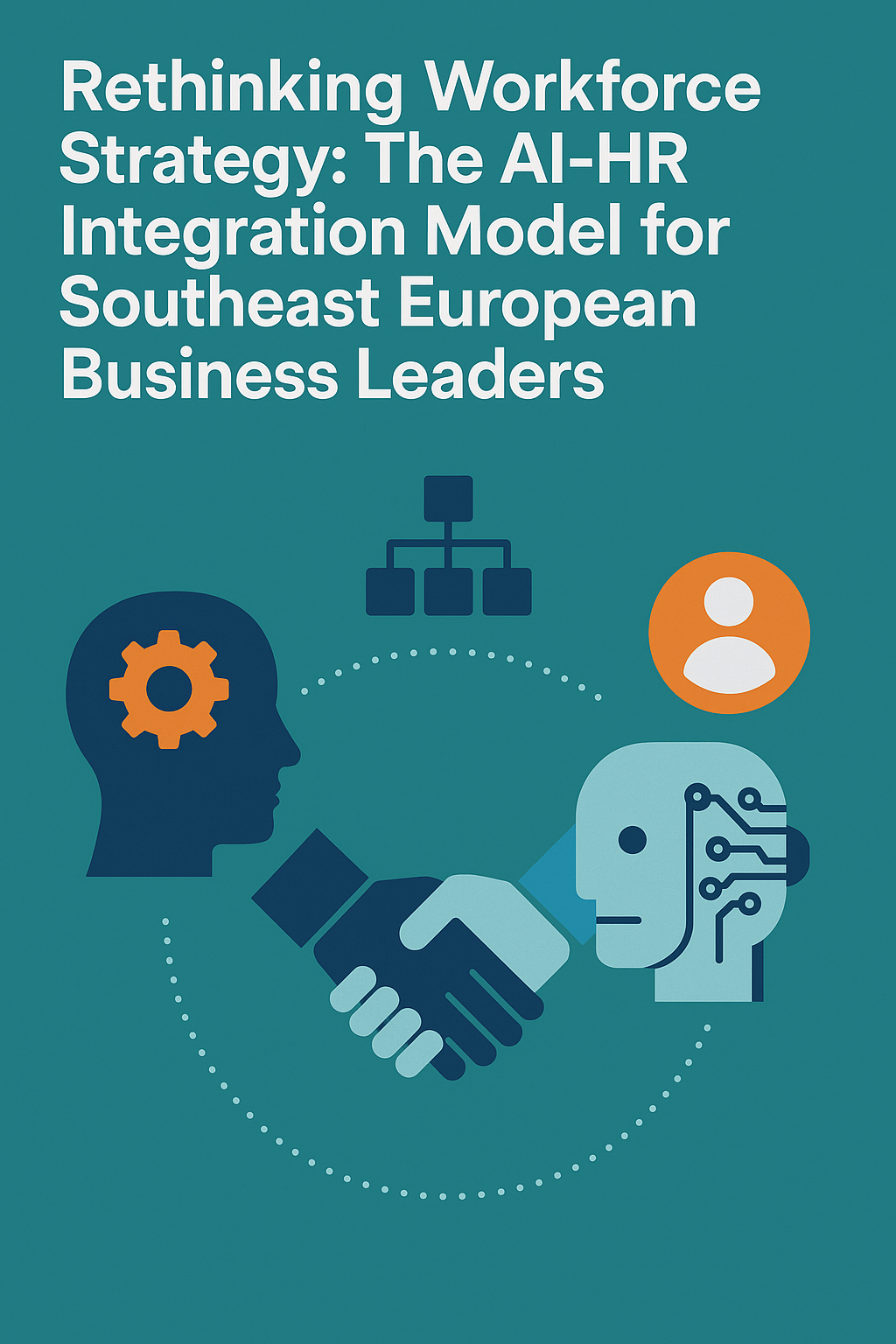Terence Tse, lecturer at COTRUGLI Business School, co-founder and CEO of Nexus FrontierTech, world-renowned author, lecturer and speaker, and one of the leading experts in artificial intelligence and digital transformation field, provides insight into key steps to position Croatia in the AI map.
Low level of artificial intelligence application
Artificial intelligence systems are increasingly coming to many areas – social networks, Internet search engines, medical diagnostics, nursing, intelligent traffic – which we are often unaware of.
The European Commission has been drafting several documents and regulations on artificial intelligence in the last few years. The main objective is to promote the development and application of Artificial Intelligence (AI) based on “European values and rules” among the Member States. AI technologies are evolving rapidly, which is why such an initiative is needed.
In addition, the implications and implementations that this technology has in shaping our economies and societies in the coming decades are expected to be enormous.
Lack of concrete proposals
It is important to note that despite the undoubted efforts to hold a debate at a very high level and compile a long list of recommendations on the role of AI (which should play in industrial policy in general and the approach of individual EU member states) lacks concrete ideas. There are still no proposals on how respective governments can build their artificial intelligence industry.
Ideas and suggestions are essential for countries like Croatia that do not have a large industrial or domestic customer base. Such countries need to become prone to change and stay on the cutting edge to compete better globally. A simple and fair policy framework is required to empower companies and communities suitable for developing and applying AI technology.
No official AI policy
Artificial intelligence has been a critical industry focus with governments in major European economies such as France, Germany, and the United Kingdom. Earlier, they started developing and implementing AI.
First in line is the Republic of Croatia’s Government’s expectation to complete the artificial intelligence national strategy final version. Croatia is one of the few EU member states that has not yet established an official policy in this area.
The private sector at the forefront of the initiatives
It is inevitable to mention that the private sector in Croatia is not sitting idly by – in recent years, more and more Croatian companies are dealing with artificial intelligence. An example of this is the Croatian Association for Artificial Intelligence (CroAI) founded in December 2019. It currently has as many as 71 companies as members and an additional 50 support members, some of whom are individuals and some academic institutions.
For an industry still developing in Croatia, these are big numbers. The positive path or growth is not insignificant, but it shows that we have the right way of thinking, talent, and resources for progress. This is a good start, but a more coherent collective effort is needed.
It’s interesting to see how the few AI companies we have operate. They often apply their expertise abroad, where they do business. They also employ labour from countries where such actions take place. Exports are a good revenue source for Croatia, but selling services abroad cannot effectively promote domestic consumption and investment in AI.
Croatia has a quality education system that produces many highly qualified engineers and programmers. Yet, it has experienced a decline in the sphere of creating enough jobs to retain the talents produced.
Much more needs to be done
In addition to the policy frameworks for the technological development of AI offered by the European Union, here are a few more ideas and guidelines for achieving this goal.
Start having conversations
The first and foremost is to initiate communication about AI use. With the right policy and action, Croatia has the potential to become a regional leader in artificial intelligence, if not beyond. Although the EU wants to encourage AI development, its focus is often limited to establishing conditions and regulations, which is not always the fastest way. Discussions and ideas should expand beyond the box. For example, the ministry in charge of developing a national strategy could involve all stakeholders rather than stand on the Working Group of the National Council for the Digital Economy and several private companies.
Success depends on the entire IT system
It is very easy to misunderstand the capacities and capabilities offered by AI. These are specific models that involve only researchers and scientists. In business reality, the AI technology implementation in a company’s business involves a broader set of competencies and job roles. The success of AI development does not depend on the individual but on the entire IT system. Simply put, it is not the development of one component that is crucial to extracting the true value of artificial intelligence but the development of the entire technological system.
Think about the business side of what technology offers
It is important to note that not all activities related to artificial intelligence involve people with technical experience. A company considering implementing AI in its activities must consider issues and requirements related to data, skills, costs, integration, and education of participants. In addition, the ability to develop strategy, plan and execute projects is essential.
The key is a strong project management ability that will address many of the problems and challenges AI brings. Overcoming challenges is far more about business and less about technology and technical skills.
We can see that Croatia has the space and opportunities to improve its AI-related capabilities and thus take over overall competitiveness. But it takes a lot of work.
Pragmatism is needed
Instead of a 400-page strategy trying to extract funds from the EU, there should be a set of strategic guidelines that can guide and promote the startups’ development toward artificial intelligence and the widespread application of the technology itself.
If Croatia looked at the broader AI picture (much more comprehensive than the focus on the EU), it would have a far better chance of success and excellence in this upcoming technology sector. It would, consequently, position itself on the map of artificial intelligence.







